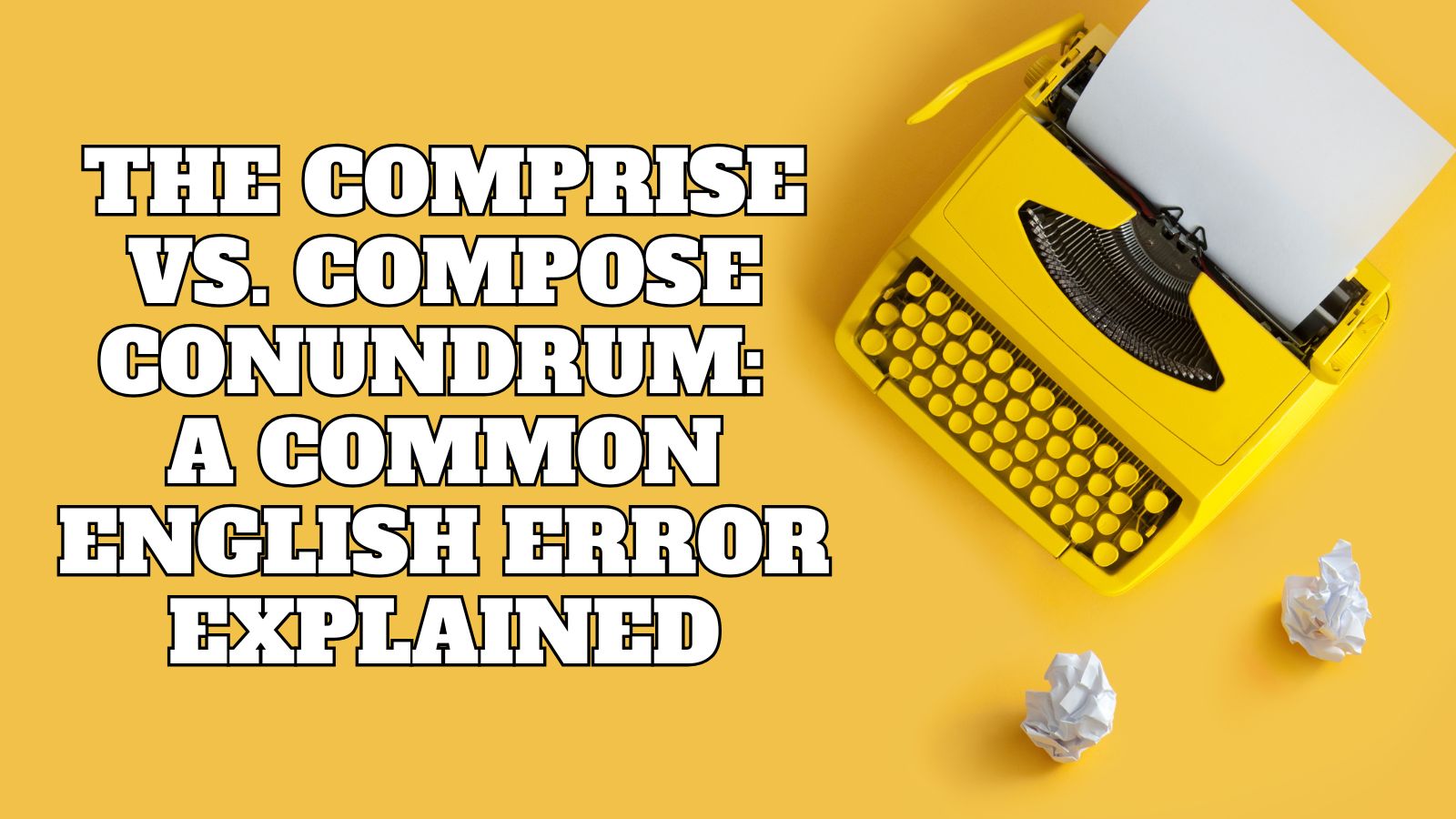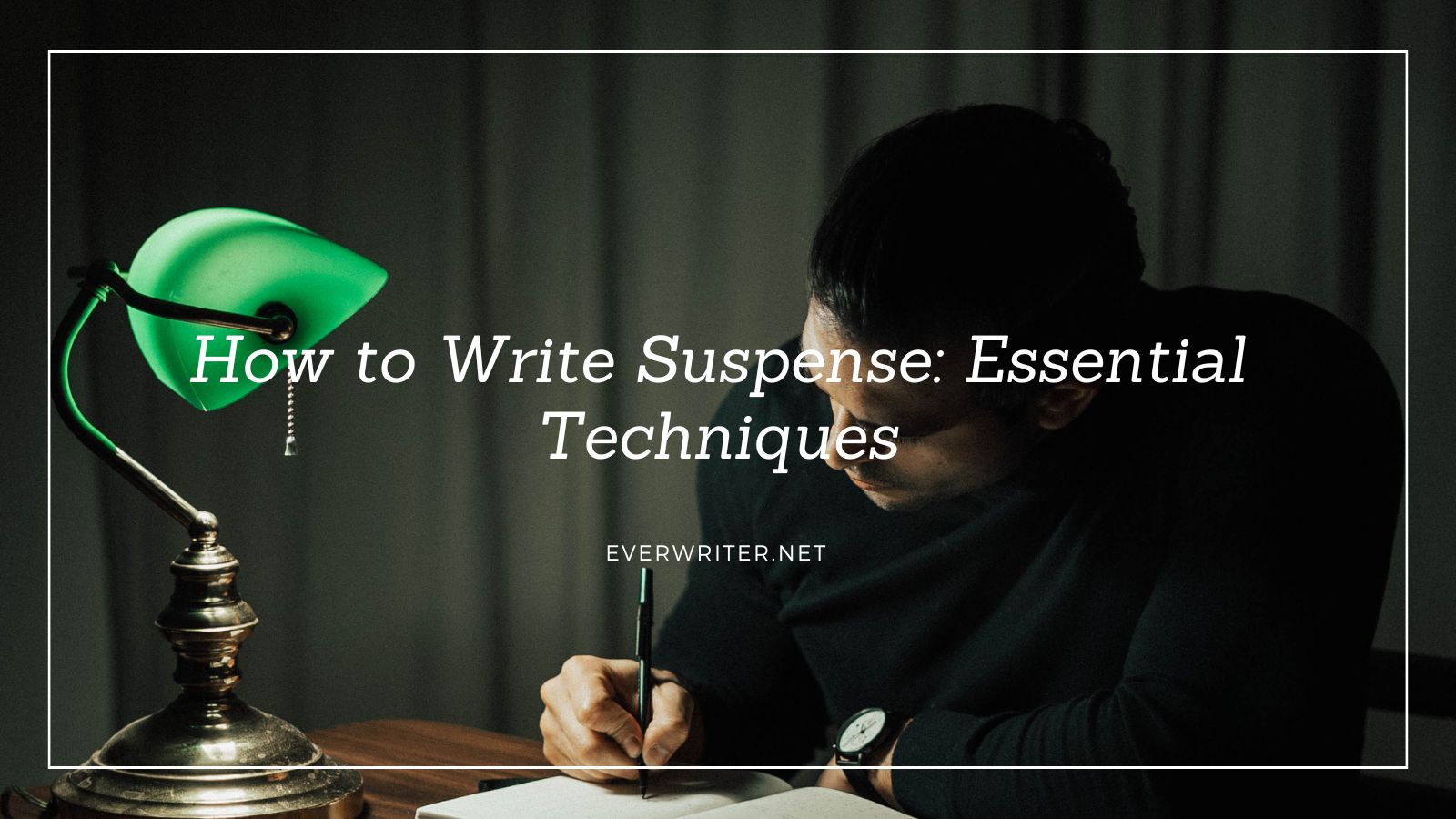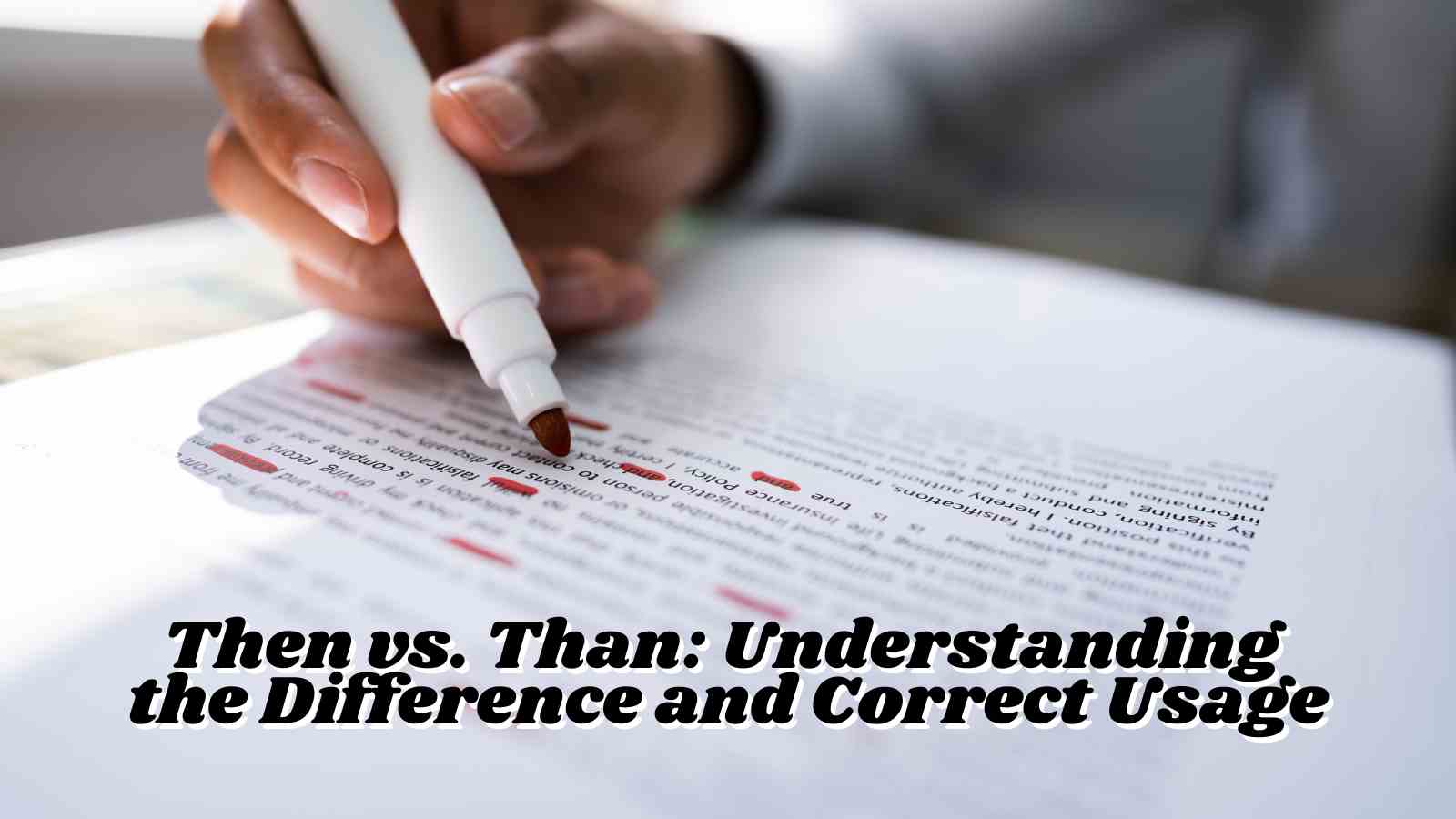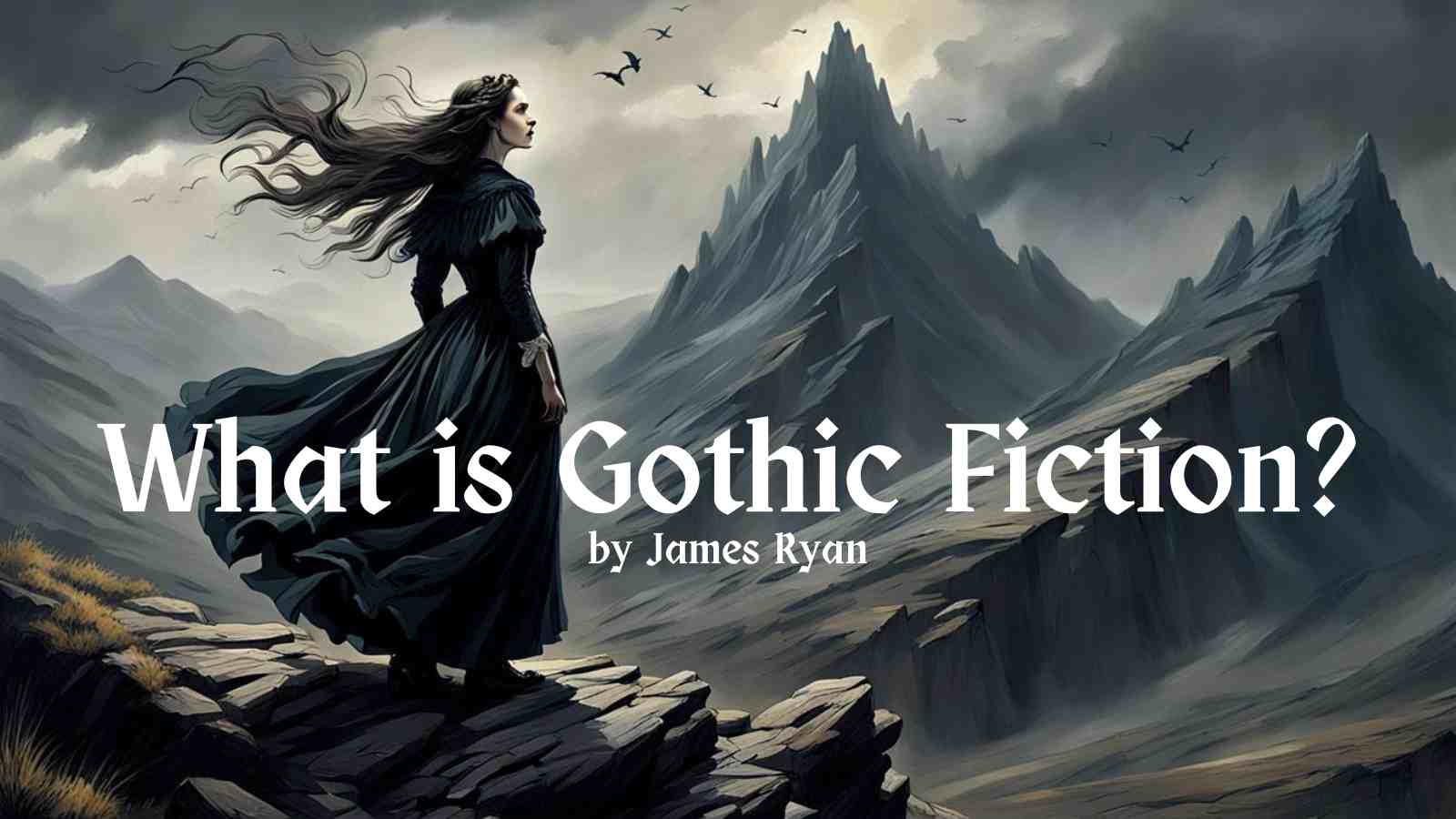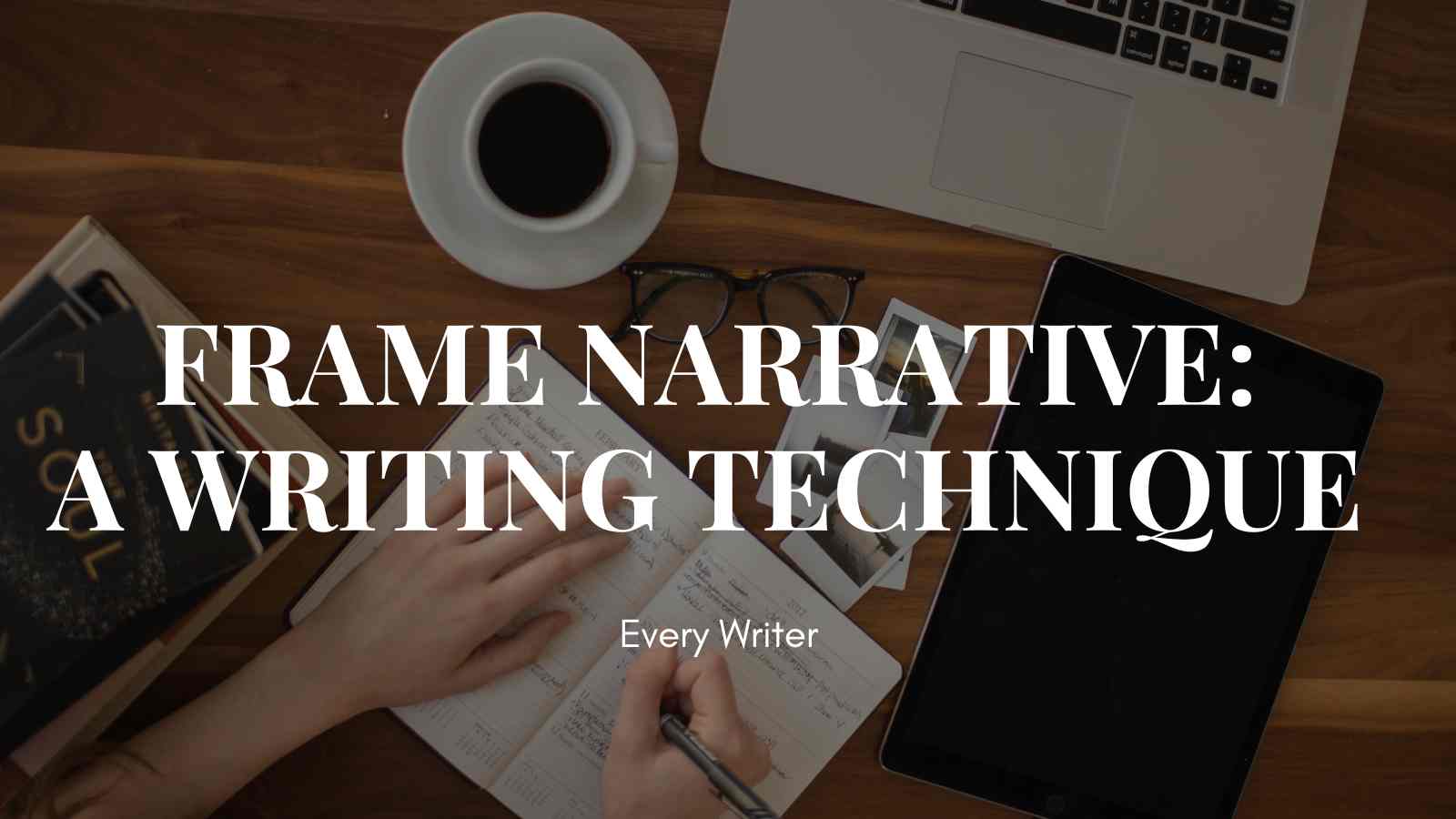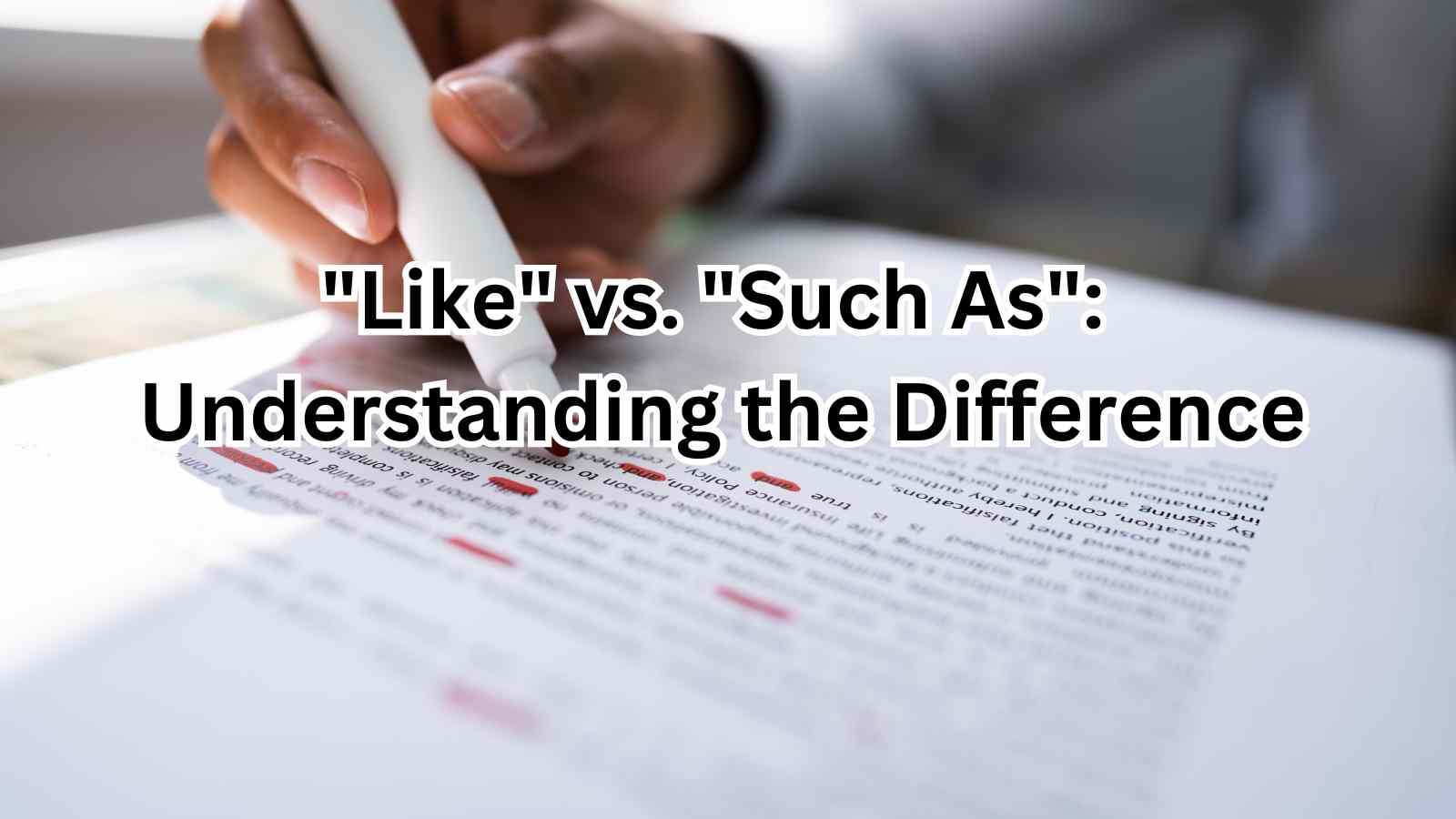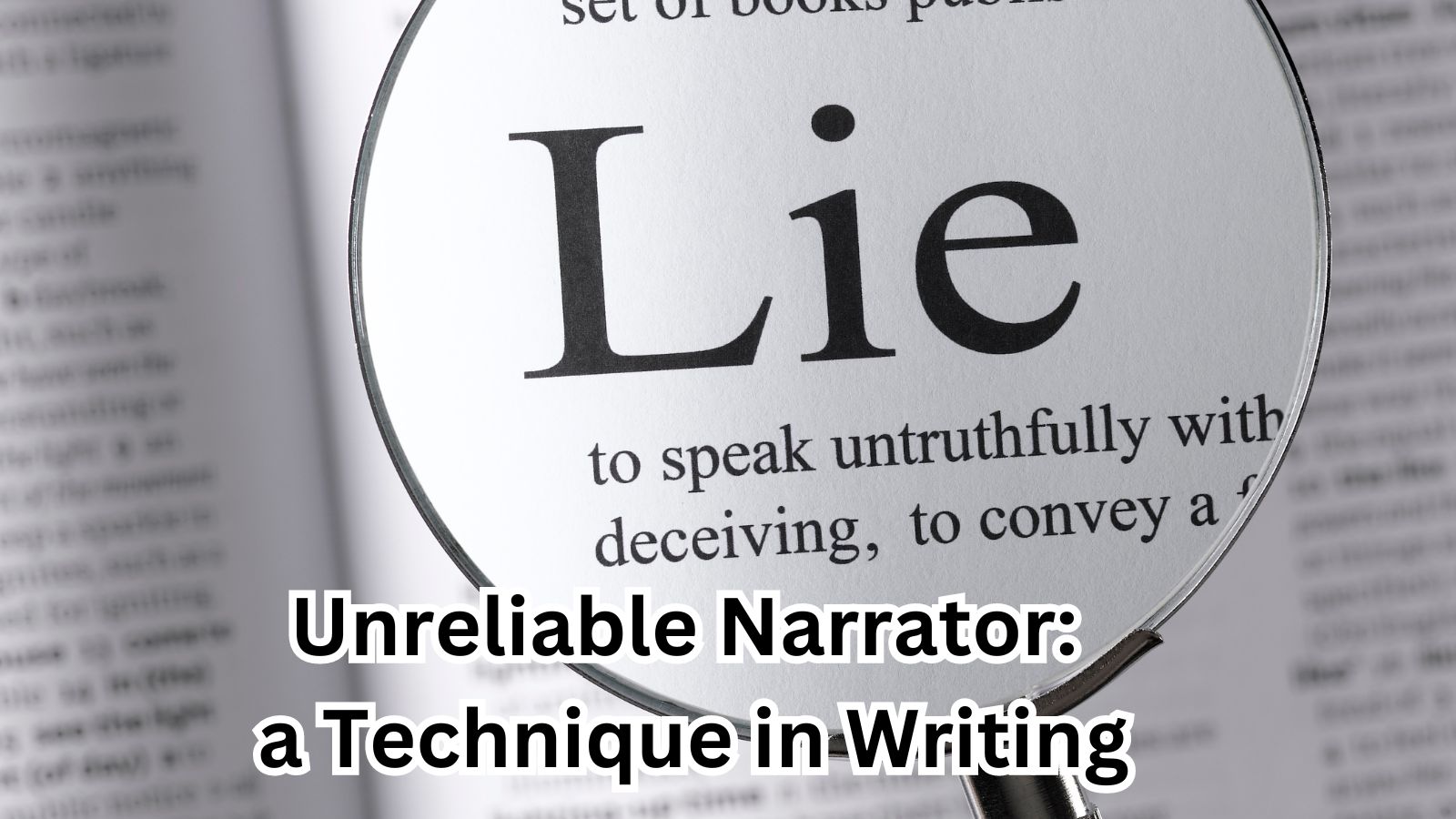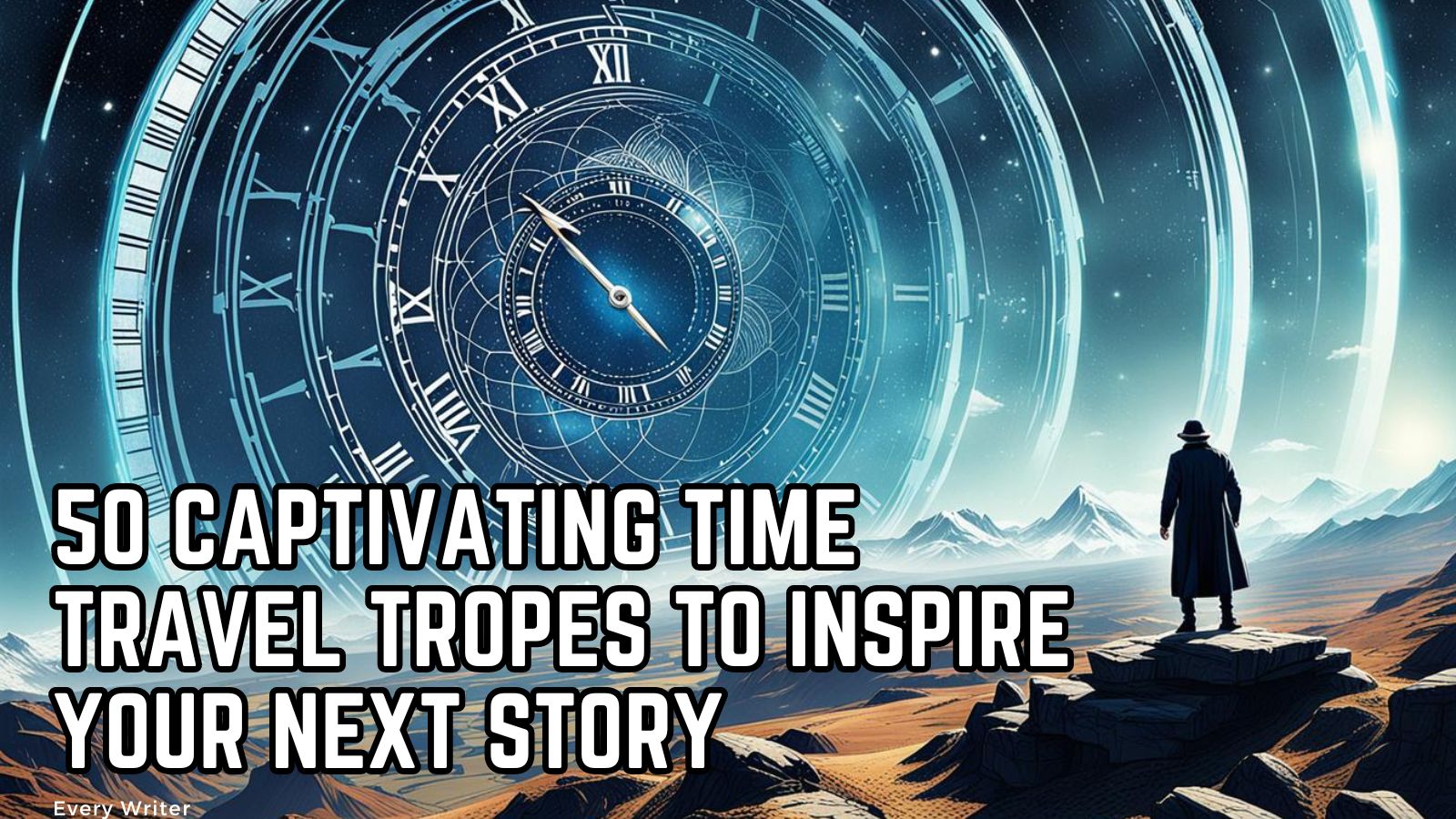50 Free Writing Exercises to Inspire Your Next Story Free writing is one of the most powerful tools for improving creativity, breaking through writer’s block, and developing strong writing habits. Whether you’re a seasoned author or just starting your writing journey, freewriting allows you to explore new ideas without the pressure of perfection. By letting…
Writing Lab 101
Words That Almost Made Us Quit: Share Your Story of Writing Discouragement
Share your story in the comments below. Let’s turn our moments of discouragement, whether from teachers, family, or rejection letters
The Comprise vs. Compose Conundrum
Should you write “the team comprises ten members” or “the team is comprised of ten members”? This common dilemma has stumped
How to Write Suspense: Essential Techniques
How to Write Suspense: Essential Techniques: Suspense is a powerful tool that keeps readers on the edge of their seats, turning
Open Submissions: Holiday Season Submissions Call: Scare Us, Warm Our Hearts, or Spread Some Cheer!
We’re excited to announce our open call for submissions! While we’re especially interested in holiday-themed works, we welcome fiction (up to 10,000 words) and poetry (up to 6 poems)
44 Creativity Killers Lurking in Your Writing Routine: #37 Will Shock You!
44 Creativity Killers Lurking in Your Writing Routine: #37 Will Shock You! Are you a writer struggling to unleash your full creative potential?
15 Deadly Ways to Kill a Werewolf: From Silver Bullets to Starvation
15 Deadly Ways to Kill a Werewolf: From Silver Bullets to Starvation Werewolves have long captivated our imagination, prowling through
“Then vs. Than: Understanding the Difference and Correct Usage”
“Then vs. Than: Understanding the Difference and Correct Usage” Introduction: In the English language, “then” and “than” are two words
Elevate Your Fiction with These 11 Captivating Narrative Techniques
Elevate Your Fiction with These 11 Captivating Narrative Techniques: Are you looking to add depth
What is Gothic Fiction?
What is Gothic Fiction?: Gothic fiction is a captivating and enduring literary genre that combines Horror, Romance
Frame Narrative: a Writing Technique
What is a frame narrative? A frame narrative, also known as a story within a story, is a literary technique in which the main narrative
“Like” vs. “Such As”: Understanding the Difference
“Like” vs. “Such As”: Understanding the Difference In everyday speech and writing, people often use the terms “like” and “such as”
Unreliable Narrator: a Technique in Writing
What is an unreliable narrator? An unreliable narrator is a storytelling device in which the narrator provides an account that lacks
Imply vs. Infer: Understanding the Difference and Using Them Correctly
Imply vs. Infer: Understanding the Difference and Using Them Correctly: Imply and infer are two words that are often confused and misused
50 Captivating Time Travel Tropes to Inspire Your Next Story
50 Captivating Time Travel Tropes to Inspire Your Next Story : Time travel has long been a captivating concept in storytelling


